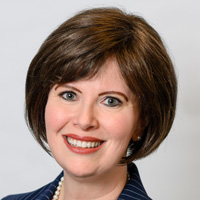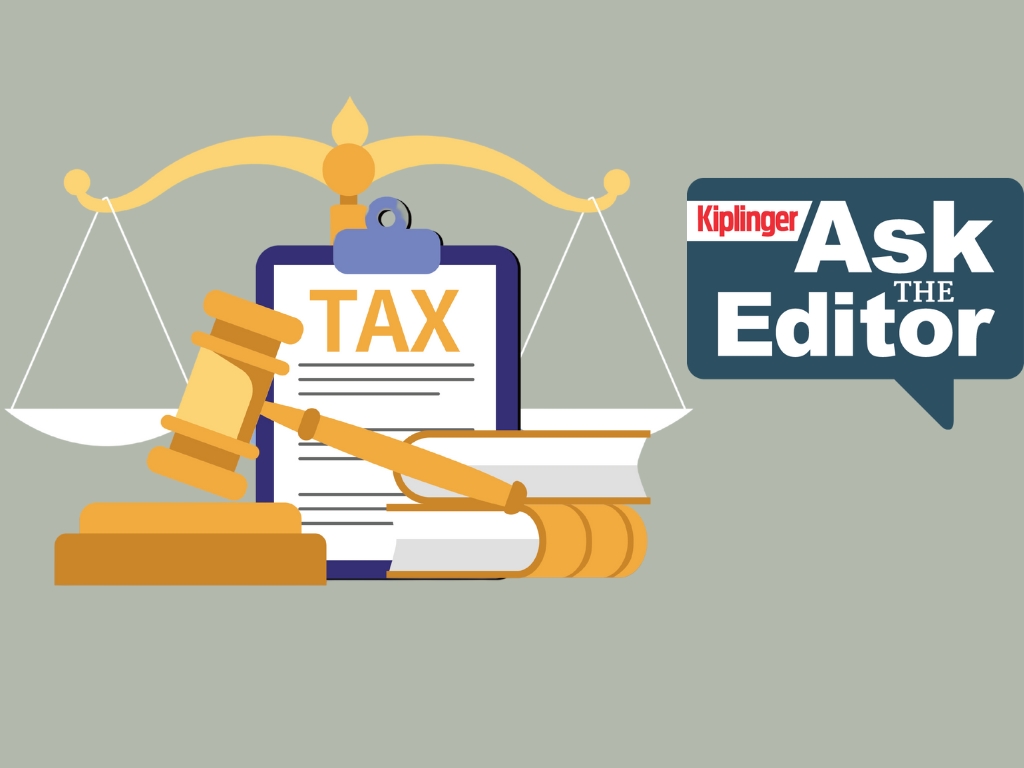Changing Jobs? Keep Your Finances in Check with This Checklist
Career moves have been plentiful the past year. If a change could be in the cards for you, you need to be ready with the answers to several questions. Scan our checklist to see how prepared you may be.


Have the challenging past two years inspired you to think differently about your life, your work and your finances? You are not alone:
- 50.3% of U.S. adults age 55+ now consider themselves retired. Before the pandemic, up from 48.1% of those adults before the pandemic.
- More than 24 million U.S. workers quit their jobs between April and September 2021.
- For the 11 million open jobs listed in October 2021, only 7.4 million unemployed people were available to fill them.
Whether you have been thinking about a job change for decades or have been motivated by recent events to make a career move, it is imperative that you manage your transition with careful, calculated financial planning.
To start the process, here are five financial pointers (my five “Bs”) for changing jobs:

Sign up for Kiplinger’s Free E-Newsletters
Profit and prosper with the best of expert advice on investing, taxes, retirement, personal finance and more - straight to your e-mail.
Profit and prosper with the best of expert advice - straight to your e-mail.
1. Budget
Before you make a career move, you need to be able to answer these questions: How will your career change impact your income, expenses, savings and current investing? How much of your current income are you saving and investing today across taxable (e.g., brokerage), tax-deferred (e.g., traditional IRA) and tax-free (e.g., Roth IRA) accounts? And how is your income projected to change in the immediate term (the first 12 months) and intermediate (12 to 24 months) period of your professional transition?
If a decrease in savings and investing is anticipated, when will you resume saving and investing, and how will you hold yourself accountable to this deadline?
2. Business impact
Will your professional change have tax and/or financial planning implications? Will you move from being an employee of an organization to owning a business? Are you becoming a partner in a firm? Will non-cash equity be part of your compensation?
As you understand the business impact of your career change, chat with your existing financial adviser to ensure you are accounting for the change in your tax and financial plan.
3. Benefits
What perks do you receive today from your current employment, like insurance, deferred compensation and/or equity-based compensation? How will these benefits change with your new opportunity? Are there tax considerations associated with your current benefits that might influence the timing of your professional move?
If benefits you rely on today will not be readily available through your next opportunity, how will you meet the needs that no longer will be covered, such as disability insurance?
4. Buddies
Who are the people — whether they be relatives or friends — that will be affected by your professional decisions? How will a career change impact the time that you have available to spend with these people, as well as the lifestyle you can afford for yourself and them with your total compensation?
As you transition to your new role, will additional time and money be required to facilitate the move, prompting a change in daily life for you and your buddies?
5. Buffer
Typically it’s good to have three to six months of expenses in your emergency savings. If you are moving from a salary-based position to a more commission-based or entrepreneurial role, it may be important to build up a larger cash reserve prior to making the transition.
To complement your emergency savings, what additional sources of cash and liquidity are available to you? Before you make the move, ensure that you have a clear picture of the financial buffers available to you to provide cushion throughout your transition.
Profit and prosper with the best of Kiplinger's advice on investing, taxes, retirement, personal finance and much more. Delivered daily. Enter your email in the box and click Sign Me Up.

Caroline Wetzel CFP®, CDFA®, AWMA®, is a vice president and private wealth adviser at Procyon Private Wealth Partners. She has worked in financial services since 2001 and began specializing in wealth management for affluent multi-generational families in 2015. Caroline earned a B.S. degree in policy analysis and management at Cornell University and an MBA in finance and advanced certification in marketing from the University of Connecticut School of Business.
-
 Ask the Editor — Tax Questions on Inherited IRAs
Ask the Editor — Tax Questions on Inherited IRAsAsk the Editor In this week's Ask the Editor Q&A, we answer tax questions from readers on the rules on inheriting IRAs.
-
 I Asked Experts When It's Worth Splurging on Beauty and Skincare — and When You Can Save
I Asked Experts When It's Worth Splurging on Beauty and Skincare — and When You Can SaveSmart Shopping Experts agree that while you don't have to spend three figures on your products, some higher-priced items have value.
-
 Retiring Early? This Strategy Cuts Your Income Tax to Zero
Retiring Early? This Strategy Cuts Your Income Tax to ZeroWhen retiring early, married couples can use this little-known (and legitimate) strategy to take a six-figure income every year — tax-free.
-
 Ditch the Golf Shoes: Your Retirement Needs a Side Gig
Ditch the Golf Shoes: Your Retirement Needs a Side GigA side gig in retirement can help combat boredom, loneliness and the threat of inflation eroding your savings. And the earlier you start planning, the better.
-
 Roth IRA Conversions in the Summer? Why Now May Be the Sweet Spot
Roth IRA Conversions in the Summer? Why Now May Be the Sweet SpotConverting now would enable you to spread a possible tax hit over more than one payment while reducing future taxes.
-
 A Financial Expert's Three Steps to Becoming Debt-Free (Even in This Economy)
A Financial Expert's Three Steps to Becoming Debt-Free (Even in This Economy)If debt has you spiraling, now is the time to take a few common-sense steps to help knock it down and get it under control.
-
 I'm an Insurance Expert: This Is How Your Insurance Protects You While You're on Vacation
I'm an Insurance Expert: This Is How Your Insurance Protects You While You're on VacationHere are three key things to consider about your insurance (auto, property and health) when traveling within the U.S., including coverage for rental cars, personal belongings and medical emergencies.
-
 Investing Professionals Agree: Discipline Beats Drama Right Now
Investing Professionals Agree: Discipline Beats Drama Right NowBig portfolio adjustments can do more harm than good. Financial experts suggest making thoughtful, strategic moves that fit your long-term goals.
-
 'Doing Something' Because of Volatility Can Hurt You: Portfolio Manager Recommends Doing This Instead
'Doing Something' Because of Volatility Can Hurt You: Portfolio Manager Recommends Doing This InsteadYes, it's hard, but if you tune out the siren song of high-flying sectors, resist acting on impulse and focus on your goals, you and your portfolio could be much better off.
-
 Social Security's First Beneficiary Lived to Be 100: Will You?
Social Security's First Beneficiary Lived to Be 100: Will You?Ida May Fuller, Social Security's first beneficiary, retired in 1939 and died in 1975. Today, we should all be planning for a retirement that's as long as Ida's.